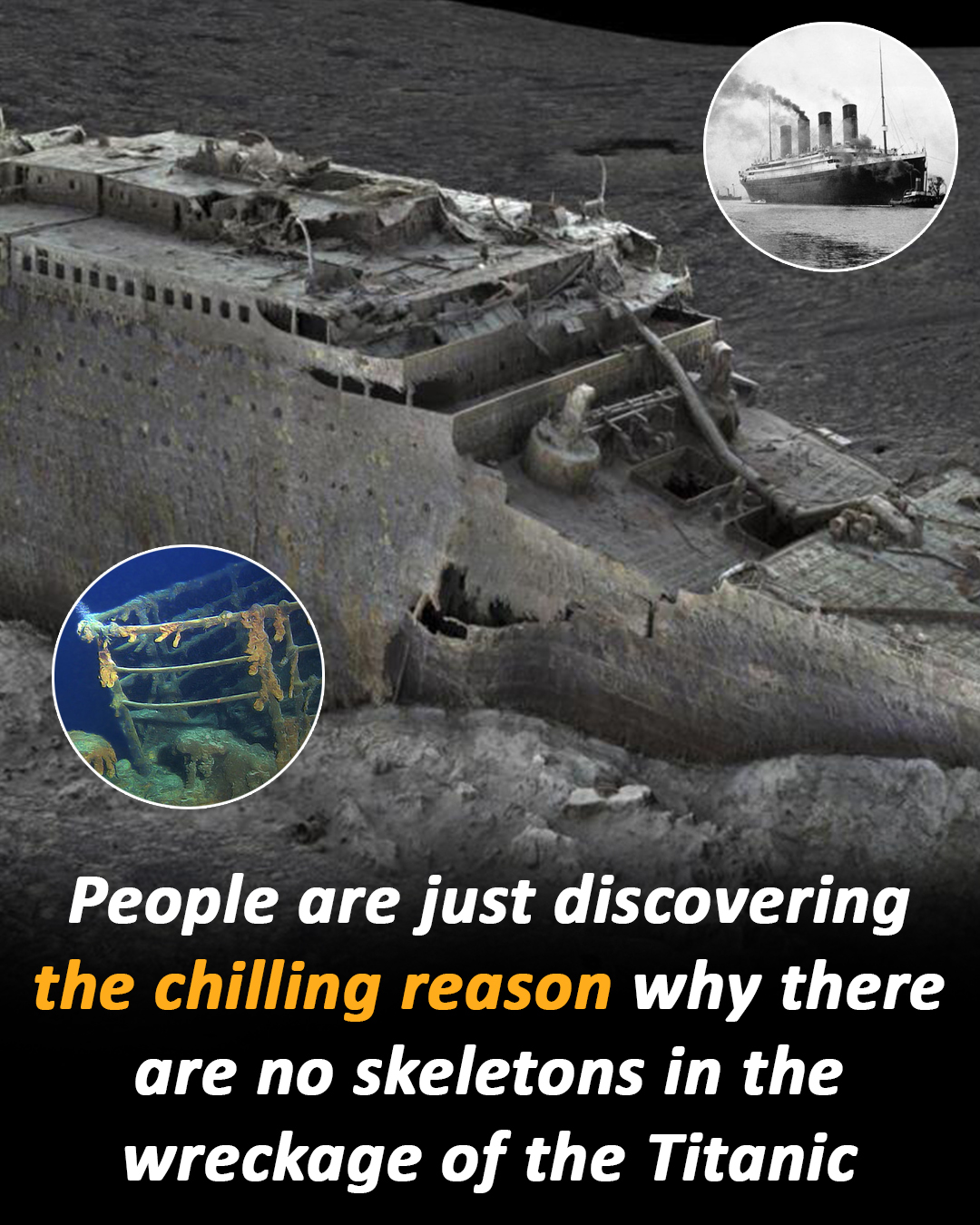A massive 7.6 magnitude earthquake hit the Caribbean Sea, sparking a tsunami alert and prompting swift emergency responses in the affected regions. The quake, which occurred between Honduras and the Cayman Islands, sent shockwaves across the Caribbean, causing widespread concern among authorities and residents.
The United States Geological Survey (USGS) reported that the earthquake struck at approximately 6:23 p.m. local time, with its epicenter located about 20 miles north of Honduras and 130 miles southwest of the Cayman Islands. The powerful tremor was felt across multiple regions, triggering immediate responses from government agencies and disaster management teams.
In the aftermath of the earthquake, the Cayman Islands Hazard Management Agency issued an urgent statement warning residents of a tsunami threat. The agency advised residents living near the coastline to move inland and avoid harbors, bays, and marinas. The National Weather Service (NWS) also provided updates on the situation, canceling the tsunami advisory for Puerto Rico and the US Virgin Islands while urging caution in other areas.
As the situation unfolded, authorities confirmed that a tsunami threat continued for Cuba, Honduras, and the Cayman Islands, with waves potentially reaching up to 3 meters above the tide. Although no tsunami threats or alerts were issued for the mainland United States, residents in affected areas were advised to adhere to safety instructions and stay informed through emergency broadcasts.
The earthquake serves as a stark reminder of the unpredictable nature of natural disasters and the importance of proactive emergency planning. Governments, disaster management teams, and international monitoring organizations remain committed to providing accurate information and ensuring that affected communities are well-prepared.
As emergency response teams assess the situation, officials in the affected regions continue to coordinate rescue and relief efforts, ensuring that communities remain safe while monitoring for further seismic activity. The long-term effects of the disaster, including potential damage to infrastructure, economic disruptions, and psychological toll on residents, will be closely monitored and addressed in the coming days.
In the Caribbean, where tourism plays a critical role in the economy, natural disasters can have far-reaching consequences. Governments and international organizations will need to assess the damage and work on swift recovery efforts to restore normalcy as quickly as possible.
As the situation continues to unfold, the priority remains ensuring the safety and well-being of those in the affected areas. Ongoing assessments will help determine the overall impact of the disaster, and officials will provide additional guidance and support as needed.


